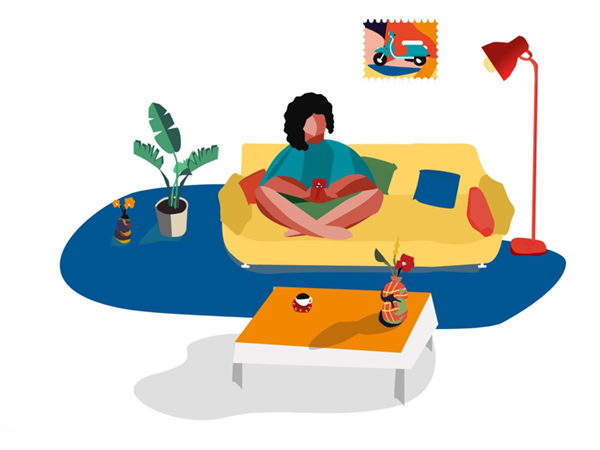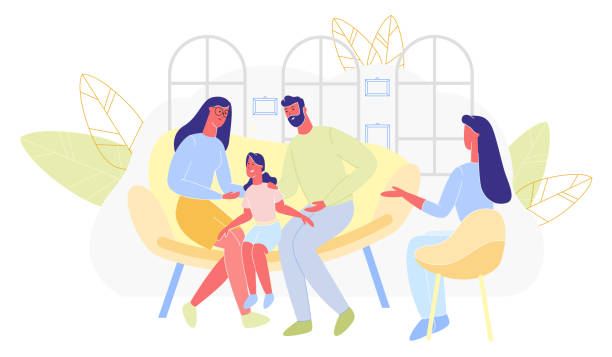As an adult, I am scared by what is happening in the world. I’m locked away from my parents, my friends, and my family. My work has closed, I can no longer go to the gym to de-stress and nights out with friends are a thing of the past.
Amidst all of this, one of the things I enjoy doing as a way to help ground me and manage my anxiety levels is to video call with my young nieces and nephews. When I do they say things like, “I want the yucky germs to go away”, “Can I come to your house” and, “We want to go to the park”. Hearing these things have made me realise that in this crisis the mental well-being of our children and young people, is being tested just as much as our own. However, unlike us adults, most children and young people are not able to fully understand the situation. Their lives have been turned upside down and many of them have very little understanding why.
Last week I was working with a teenage girl who was explaining to me that her prom has been cancelled, her GCSE’s - cancelled, her Leavers Assembly – cancelled. She is not alone in this; a whole generation of young people have been robbed of the milestones that they’ve spent years feeling excited for. Primary school leavers are transitioning into secondary school without having ever visiting their new school. 18th birthdays are being spent alone at home, rather than with a first legal pint in the pub. Children and young people are losing touch with friends and missing their extended family members. The situation is incredibly difficult and for children and young people it must feel particularly unfair, especially when many are not fully able to comprehend why it is happening.

Due to the COVID-19 pandemic you may have noticed an increase in your child or teenager’s level of anxiety or an increase in sadness. Retaining some level of normalcy can help with this. Encourage your child/children to continue engaging with their hobbies in some way, whether this is painting, playing football in the garden, going for walks or doing crafts. For children and young people who have missed out on important milestones, it may be a good idea to ensure them you will find a special way to celebrate. Setting up video calls with family and friends allows your child to cultivate relationships and also can give you some time for self-care. The Changing Futures website is a great resource for further ideas and information on childcare during isolation.
I think that as a society we sometimes have a way of minimising the emotions of children and young people. We tell them, “Don’t cry, it’s OK”, “I’ll kiss it better” and “Stop being so silly”. These aren’t things we would tell an upset adult and yet we often say them to stop children and young people from crying. As with an adult, it is important that we acknowledge a child or young person’s emotions, even when we do not fully understand them. Often just asking your child to explain why they are upset is enough. Showing your child that you acknowledge their emotions, can give them important validation. However, this doesn’t mean that as parents and carers it falls to you to shoulder your child’s emotions. In fact one thing that we focus on in Talking Therapies is encouraging the child or young person to learn to understand and manage their own emotions.

As a parent or carer there are some things you can do to help your child start understanding their own emotions. For very young children there are some great books on emotions that you can read together. One online book that I like to use in sessions is, My Inside Weather, by Jen Thorpe. For older children the Disney film Inside Out, is great for getting children thinking about their emotions. The app Smiling Mind is a free not for profit app, designed to help children and young people of all ages with their mental health. For teens, the free app SAM is great for anxiety management. YouTube also has a great range of guided breathing and mindfulness videos. If you do feel like your child or young person is really struggling with their mental health, get in touch with Changing Futures. Our therapists are trained to work with different age groups and specialise in treating a range of psychological difficulties. If we are unable to provide the correct support we will always aim to direct you to a service that can.
Blog written by Collette Stobbs



